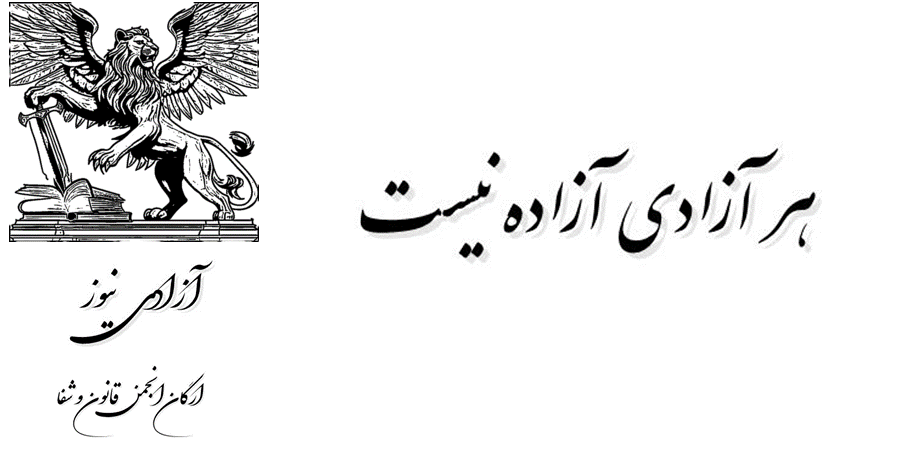To understand economics, it is necessary to understand the fundamentals of supply and demand (consumption). Economics, like religion (Kalachakra), has a wheel that needs to be turned. If a stick gets stuck in its spokes, several things may happen: 1- The wheel may break, 2- The entire system may collapse, 3- The cart may reach its destination crooked and unstable.
What we know about the economy of Iran is that housing and automotive industry are the sticks stuck in the wheel of Iran’s economy. This means that even with a minimum income, including full savings, it does not cover the purchase, rent of housing, or buying a car for the working class. In this calculation, inheritance and the value added resulting from previous purchases are not considered because they have no effect on the performance calculation of the economic wheel turning. This means that if the wheel breaks halfway, the economy stops moving immediately. The role of the government in turning the economic wheel with impossible tariffs and increasing production costs has essentially thickened the sticks in the wheel. To solve this dilemma, there is a need to accept and delineate the economic wheel and examine and thin out the sticks so the wheel can break the sticks and continue its journey. The Islamic Republic cannot afford to test thousands of failed economic theories, including increasing bureaucratic obstacles and rents, reducing people’s economic credibility, and destroying the lives of thousands of others.
Many of these economic sticks are directly created by the government and lead to disruption of the economy. Among them are Military, non-applicable education, filtering, some sharia laws (prohibition of alcohol, and music). Consequently, the government itself can be considered one of the economic disruptors of the country.
Dr. Amirali R. Davoudpour
Secretary of the Law and Healing Association
References:
1- OpenAI. (2024). ChatGPT (3.5) [Large language model]. https://chat.openai.com
